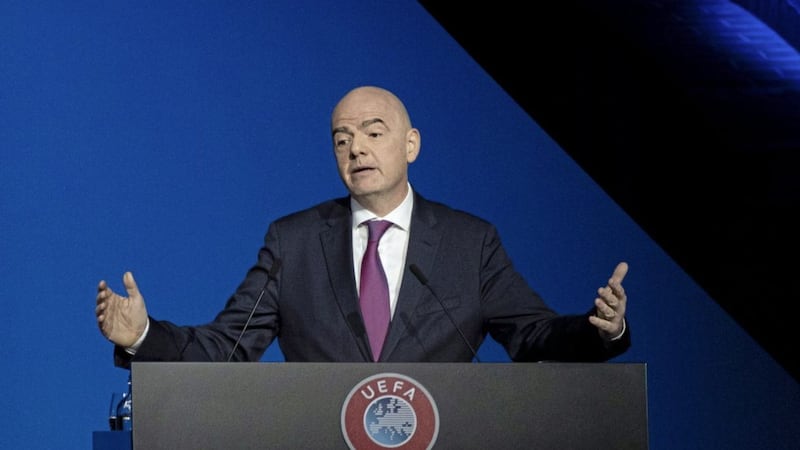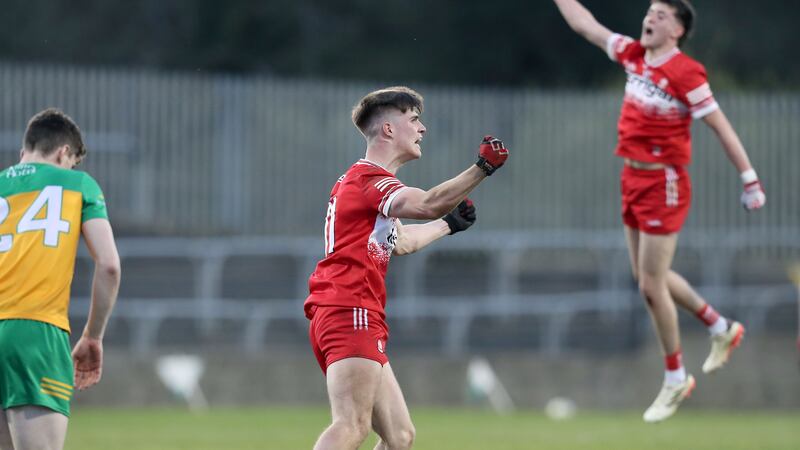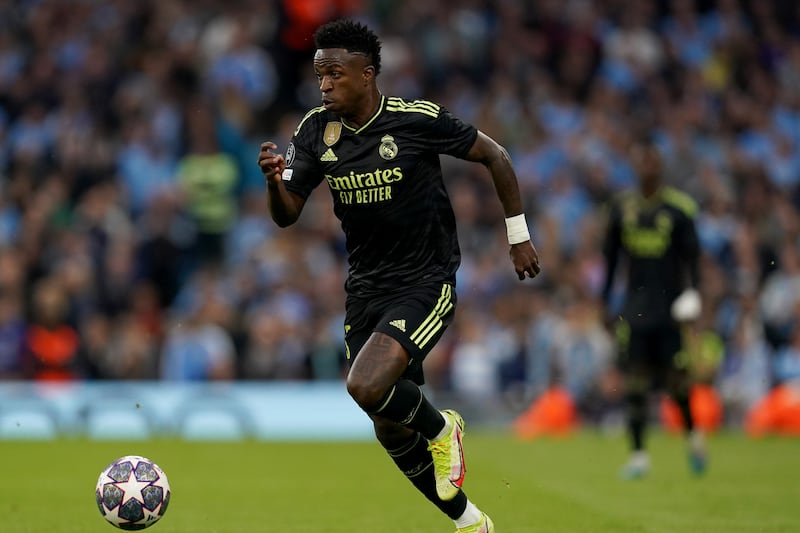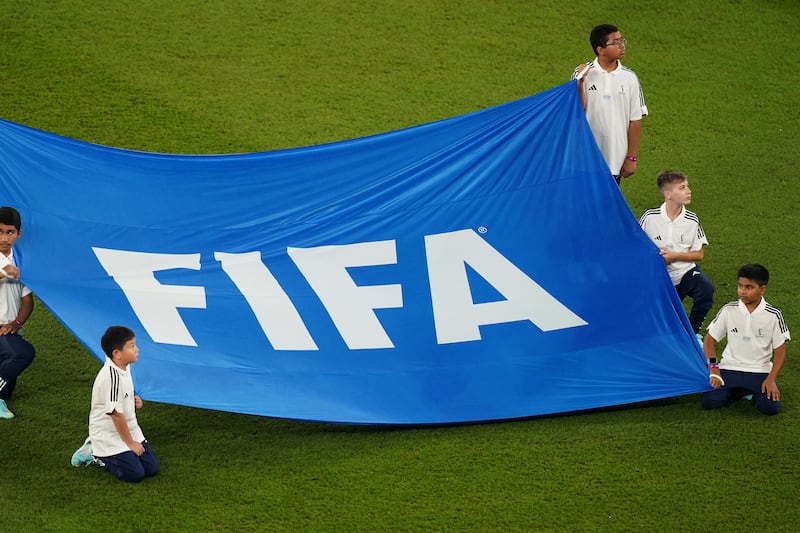We get some rules to follow
That and this, these and those
No one knows
We get these pills to swallow
How they stick in your throat
Taste like gold
Oh, what you do to me
No one knows
‘No One Knows’ by Queens of the Stone Age could be the theme song of these times. The manic drumming towards its climax surely replicates the pounding brains and heartbeats of anyone trying to make sense of the situation and stay calm.
In the sporting world, Fifa President Gianni Infantino did manage to smoothly send out a message of certainty last week when he publicly declared:
‘No match, no competition, no league is worth risking a single human life. Everyone in the world should have this very clear in their mind.
‘It would be more than irresponsible to force competitions to resume if things are not 100 per cent safe. If we have to wait a little longer we must do so. It’s better to wait a little bit longer than to take any risks.’
Wonderful words from the Fifa chief – but still one wonders…
In the very same statement, the head of world soccer’s governing body also spoke about how Fifa is ‘today in a very strong financial situation. FIFA enjoys a good reputation on the financial markets… This has helped us consolidate a solid foundation with large reserves.’
Fifa should try talking about value of human life to the families of all those migrant workers who died building stadia for the 2022 World Cup in Qatar.
Money talks. Money makes the world go round. Money and sport are absolutely inter-linked.
No one knows when sport will be able to return, never mind return ‘as before’.
Yet I’ll confidently predict this: it won’t be only when things are ‘100 per cent safe’.
That would require the development of an effective vaccine for coronavirus, which is likely to take until next year – and sport will be back before then. But when?
To solve this mystery we may need MORSE. Not the late detective but the principles of Mathematics, Operational Research, Statistics, and Economics.
Mostly that last one.
A good friend of mine studied MORSE at university and he introduced me to the phrase and concept of ‘cost benefit analysis’.
Sometimes it’s known as ‘risk benefit analysis’ and that might be more appropriate nowadays.
In the current context sport and society will decide when it’s ‘worth’ playing matches again – and, to repeat, certain sections of sport won’t be waiting until the safety figure reaches 100 per cent.
If we err completely on the side of caution, the return date will be the 12th of never.
That’s not a callous, cynical call to get the games going again, far from it; merely a recognition of the ways of this world.
Already some countries are loosening their lockdowns; even in the USA, where infections and mortality keep rising.
There’s a death toll associated with economic downturn as well as with the reduction in many aspects of normal life and the absence of usual healthcare arrangements.
Some sports teams have even been back in training, with German soccer sides benefitting from the brilliance and scientific sense of their nation.
The pressure for sporting competitions to resume (and be completed) is mostly about money, not sporting integrity; it’s about gold and silverware.
Equally, those calling for seasons to end now, to be voided, care nothing about morals and little about public safety, but more about what benefits they can accrue or what harm will be done to rivals.
Self-interest over-rides almost everything else.
No one knows with any certainty that it’s better to finish this season than to scrap it.
Equally, no one knows for sure that a new season will not be hit by a second wave of coronavirus.
Yet sooner rather than later professional sports teams will try one of those approaches, because they are businesses who require income.
Lawyers will take their cut whenever and in whichever direction and organisation goes.
Sports teams at the very highest level might be prepared to go along with all that it would take to play a series of games behind closed doors.
The cost will be high: medical assistance on standby (if it can be spared); hotels to keep players, coaches, and ancillary staff quarantined away from the virus; regular testing of everyone involved in the process, right down to those making food and beds for the players.
The cost benefit analysis may well be that it’s worth it, though, because of TV money.
They demands could conceivably be compared to being at a World Cup, albeit one where all teams were involved for a month or more.
Everyone else is likely to wonder ‘Why bother?’
Even were they offered the option of attending stadia many members of the public might decide not to take that risk, for their family and friends as much as for themselves.
At lower levels of professional sport it seems inevitable that some clubs will go out of business. Governments won’t, can’t, support salaries for very long, certainly not at the current level.
However, sport may re-grow from its amateur roots, especially here.
Optimism ain’t my thang but for at least a month I’ve anticipated Ireland getting back towards – towards – normality far sooner than Britain.
Governmental decisions and non-decisions on both sides of the Irish Sea are factors in that belief, but so is population density.
Sometimes smaller is better.
There are other reasons. In many respects the GAA is much better placed to return to some form of action than professional sports.
The vast majority of players never move around, neither changing club nor switching county allegiance.
There are no contracts to worry about, at least not officially.
TV money is far less important, largely because it’s a far lower proportion of the income pie.
Given the Association’s parochial and provincial bases, there’s little travel required, at least in the early stages of most competitions.
Testing procedures, over time, may allow the first tentative steps to be taken back on the club scene, in front of small attendances. The same could apply to other sports.
No one knows.








